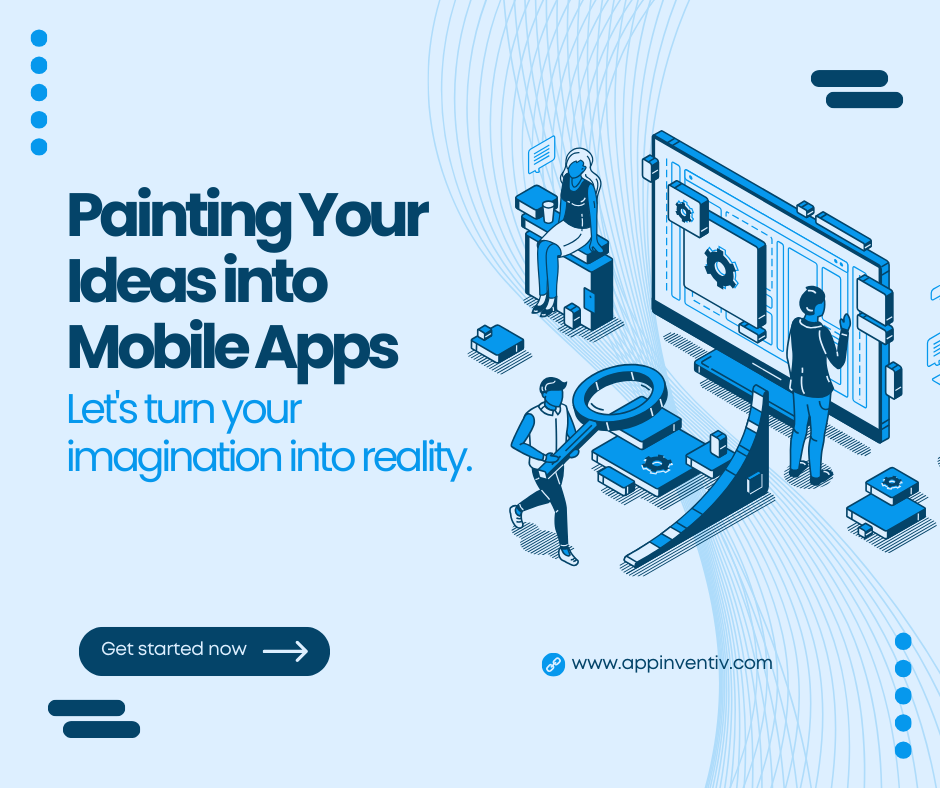The world of mobile app development is rapidly evolving, with artificial intelligence (AI) and machine learning (ML) driving much of this transformation. In the UK, app developers are increasingly adopting these technologies to enhance user experiences, improve app functionality, and deliver smarter solutions. This article explores how AI and ML are being integrated into mobile apps, the challenges faced by developers, and the potential these technologies hold for the future.
The Role of AI and ML in Mobile Apps
AI and ML have become integral to modern app development due to their ability to process vast amounts of data and make intelligent predictions. UK developers are leveraging these technologies in various ways, such as:
Personalization: Apps can tailor content and recommendations to individual users by analyzing behavior patterns and preferences. For example, streaming services use AI to suggest movies or shows.
Automation: Chatbots and virtual assistants powered by AI simplify customer interactions, answering queries and resolving issues in real time.
Data Analysis: AI-driven algorithms analyze user data to offer insights that enhance app performance and user engagement.
These capabilities allow businesses to deliver highly interactive and efficient applications that meet modern user expectations.
Examples of AI Integration in UK Apps
UK app developers are at the forefront of utilizing AI and ML across various industries. Some notable examples include:
Fintech Applications
In the financial sector, apps powered by AI provide fraud detection, credit scoring, and personalized financial advice. For example, apps like Monzo and Revolut use AI to analyze spending habits and offer budgeting tips.
Healthcare Solutions
Healthcare apps integrate AI for symptom analysis, remote monitoring, and virtual consultations. Babylon Health, a UK-based app, uses AI to provide accurate diagnostic advice and connect patients with doctors.
E-commerce Platforms
Retail apps use AI to enhance customer experience through features like visual search and predictive recommendations. Companies like ASOS leverage machine learning to provide personalized shopping suggestions.
Challenges in Integrating AI and ML
While AI and ML offer immense potential, integrating these technologies into mobile apps is not without challenges. Developers often encounter obstacles such as:
Data Privacy and Security
UK developers must adhere to strict data protection regulations like GDPR. Ensuring AI systems handle user data securely while maintaining transparency is a critical concern.
Resource Intensiveness
Training ML models requires substantial computational power and resources. Smaller development teams may struggle to meet these demands.
Algorithm Bias
AI systems can unintentionally perpetuate biases present in training data. Developers must carefully design and test algorithms to avoid biased outcomes.
Addressing these challenges requires a combination of technical expertise and adherence to ethical guidelines.
Emerging Trends in AI-Powered Apps
AI and ML technologies continue to evolve, offering new possibilities for mobile apps. UK developers are exploring several emerging trends, including:
Natural Language Processing (NLP)
NLP enables apps to understand and process human language. This technology powers features like voice commands, chatbots, and real-time translation tools.
Augmented Reality (AR) and AI
The combination of AR and AI enhances user experiences by overlaying virtual objects onto real-world environments. Apps in retail, gaming, and education are already utilizing this technology.
Predictive Analytics
Apps equipped with predictive analytics can forecast user behavior and trends. This feature is particularly useful in marketing and customer retention strategies.
How UK Developers Approach AI Implementation
UK developers take a structured approach to integrating AI and ML into mobile apps, focusing on:
Understanding User Needs: Identifying the specific problems AI can solve within the app’s context.
Data Collection and Preparation: Gathering high-quality data to train ML models effectively.
Testing and Validation: Ensuring algorithms are accurate, unbiased, and scalable.
Compliance with Regulations: Aligning AI systems with GDPR and other relevant standards.
This systematic process ensures the successful deployment of AI-powered solutions that are both functional and ethical.
Benefits of AI and ML Integration
Integrating AI and ML into mobile apps offers numerous benefits, including:
Enhanced User Experience
Personalized content and intuitive interfaces keep users engaged, improving retention rates.
Improved Efficiency
Automated processes streamline workflows, reducing manual effort and operational costs.
Competitive Advantage
AI-powered features set apps apart in a crowded market, attracting more users and driving growth.
The Future of AI and ML in UK App Development
As AI and ML technologies advance, their impact on app development will only grow. Future possibilities include:
Hyper-Personalization: Apps will deliver even more tailored experiences by analyzing real-time user data.
AI-Driven Creativity: Tools powered by AI will assist developers in creating innovative app features more efficiently.
Ethical AI Practices: Developers will increasingly focus on building transparent and fair AI systems to maintain user trust.
Conclusion
AI and ML are reshaping the mobile app landscape in the UK, offering transformative possibilities across industries. By overcoming challenges and embracing emerging trends, UK developers continue to innovate and push the boundaries of what mobile applications can achieve. Whether it’s through personalized experiences, efficient automation, or groundbreaking technologies, the integration of AI and ML ensures a bright future for app development.
The growing adoption of AI signifies a shift towards smarter, more user-centric applications. As a leading mobile app development company UK, the country’s developers are setting a global standard for AI integration, paving the way for the next generation of mobile solutions.



